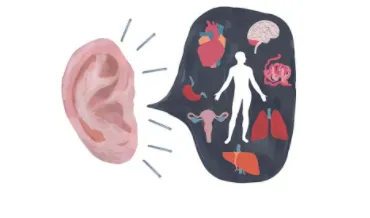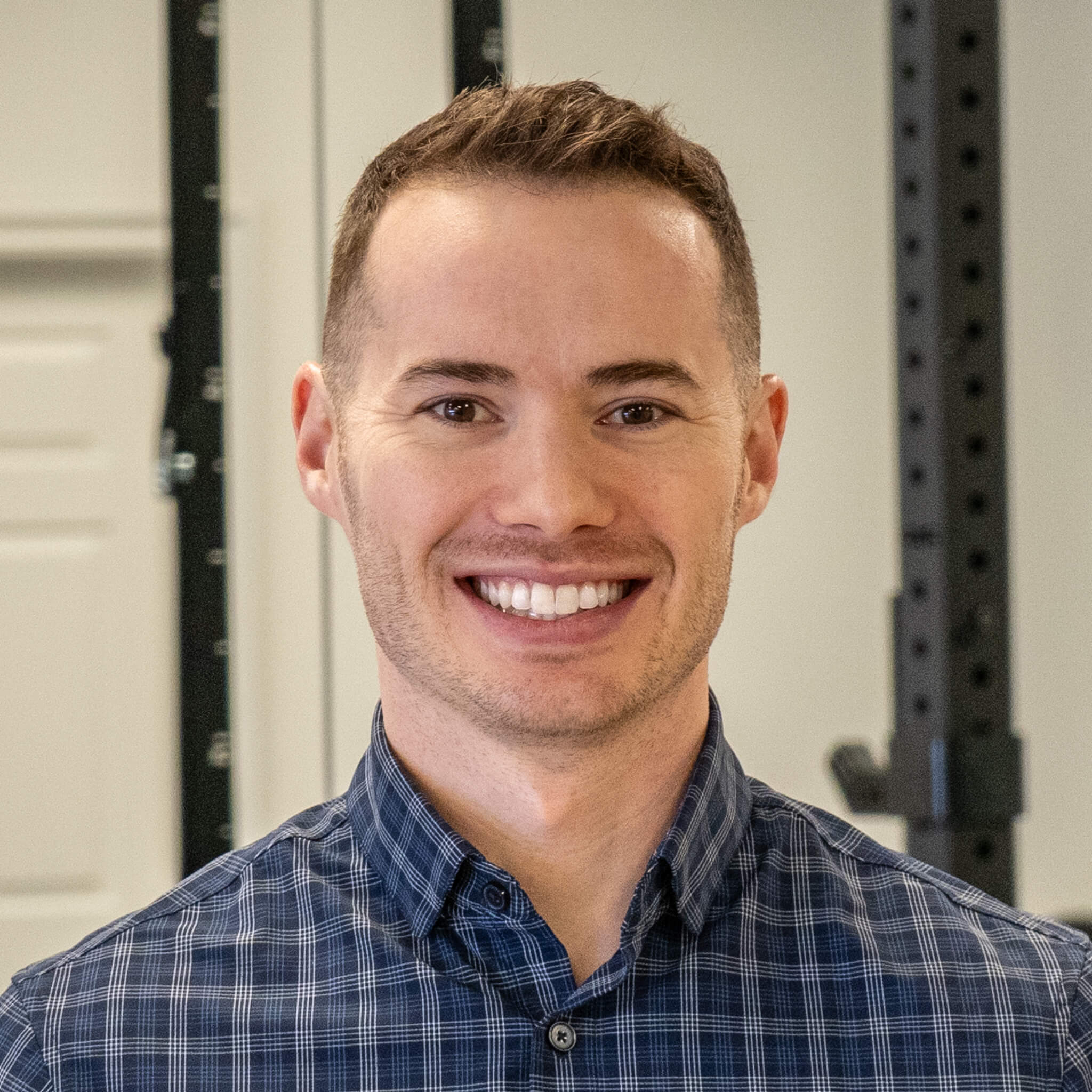How can we expect to get stronger and see progress without forcing our bodies to adapt? Here in Fort Collins, Colorado, where there’s a high affinity for health experts and practitioners working with athletes; I tend to see a lot of misleading recommendations about what people should be doing to push beyond their limitations, overcome injury, and reach their goals. Most of the time, people are recommended “passive interventions” like massage, stretching, or supplements, when we know this isn’t the most optimal way to get the best results or even long-term results. Having an understanding of the adaptability of the human body and how it responds to stress is super important when justifying “active interventions” over “passive” ones. Along with that, it’s important to understand where your “sweet spot” is, so you can avoid “overdoing it” with too much stress.
Adaptations are specific to the stress applied:

This concept is important to understand and relates to the specificity of our training. We all have goals, and our training obviously needs to reflect that. For example, as a runner, you will train much differently for a 5k race PR than you will for a 100-mile race. We can get very detailed with this, but even down to how you contract your muscles and what direction you load your bones, the body adapts accordingly.

Any type of stress, physical, or psychological can affect the entire bo
We need to understand the impact of each aspect of our lives and how it affects our body’s ability to respond to training and physical therapy adaptations. Not getting enough sleep, relationship or work stress, or being ill with the flu all can contribute to poor sports performance.
Stress is comprised of countless variables that our brain methodologically interprets:
There is no tech device that can accurately measure exactly what our bodies are feeling and responding to. We aren’t even fully aware of the whole process and the effects of certain stimuli. The important part of this to understand is that if you feel a certain way, go with it. It may not make sense, but your body knows best. If you feel good, do a little extra, but if you feel poorly, take it easy.

Too much stress and the body starts to break down:
Stress adds up, whether it’s a little bit of stress, over and over, or a lot of stress all at once. Understanding the stress-equation and what might be contributing to it is important for avoiding harmful situations. When in doubt, error on the side of caution.

Lack of stress = de-adaptation response:
Just as stress stimulates an adaptation response, lack of stress can do the opposite. “Use it or lose it.” Consistency is key here. Train smart, and stay healthy because for most recreational level athletes, having to take time off is one of the biggest detriments to progress.

